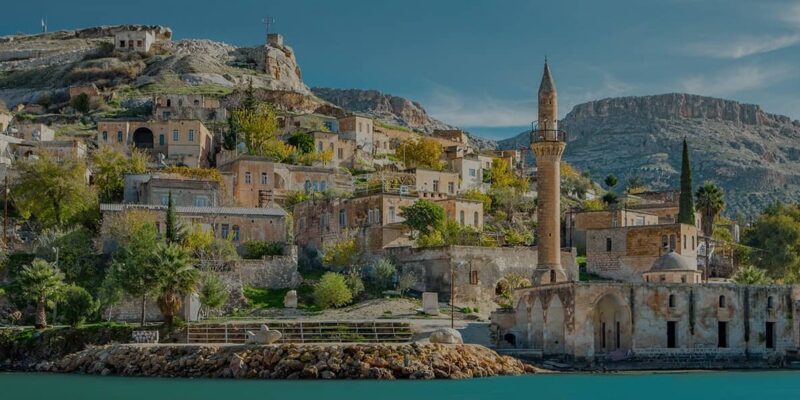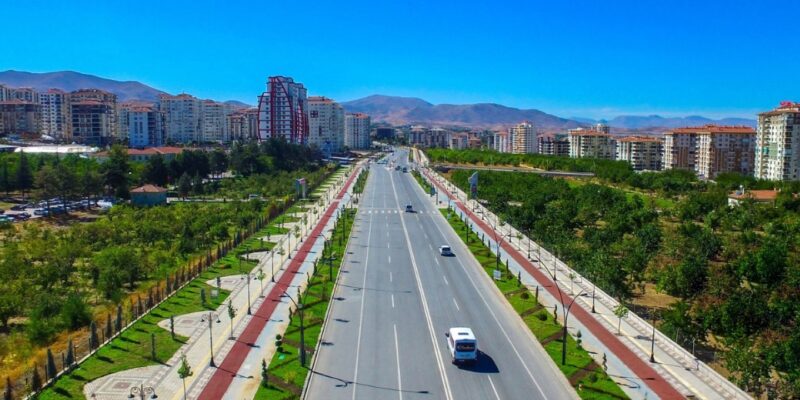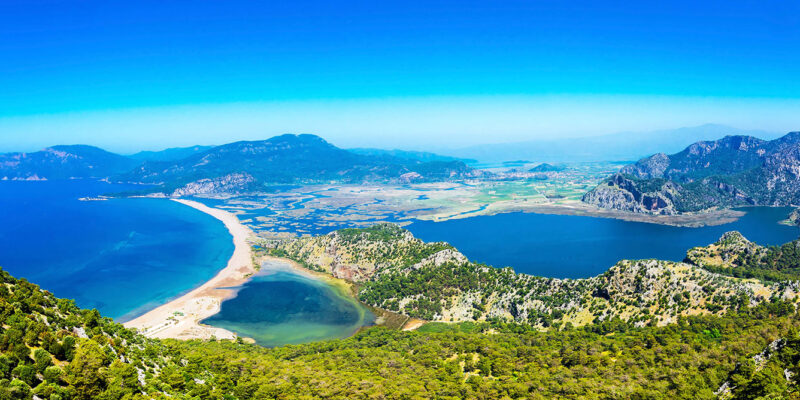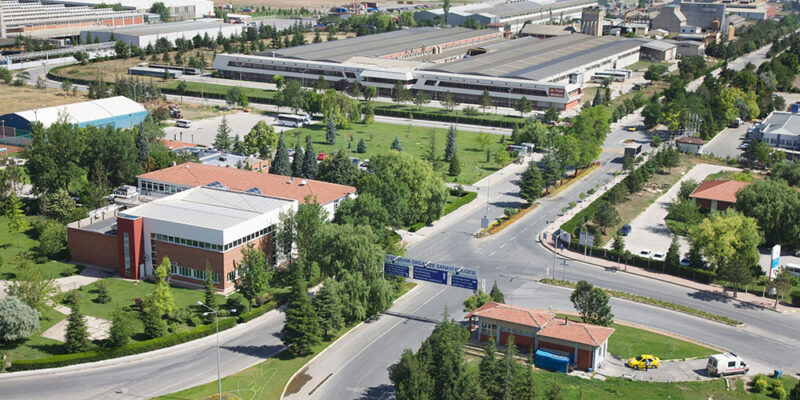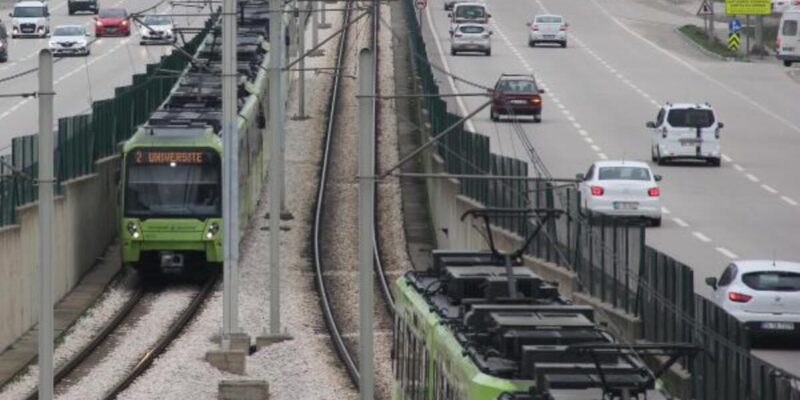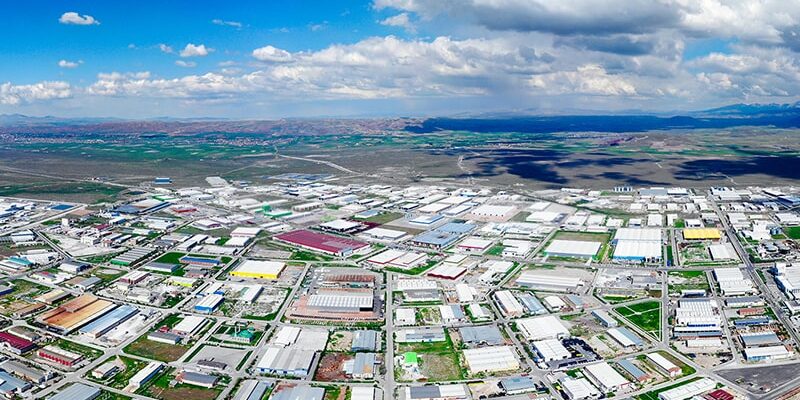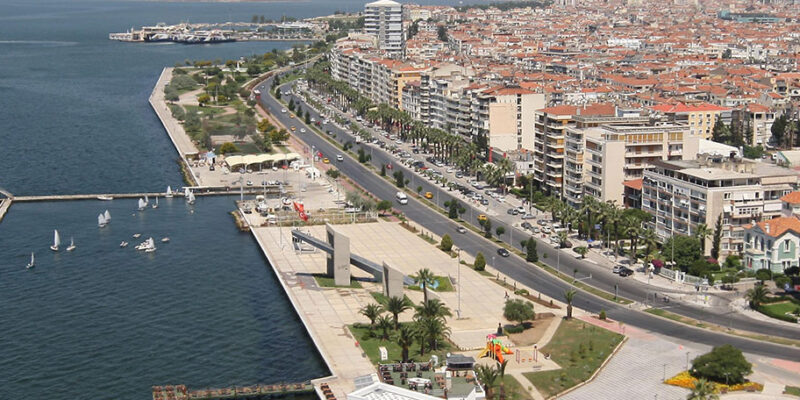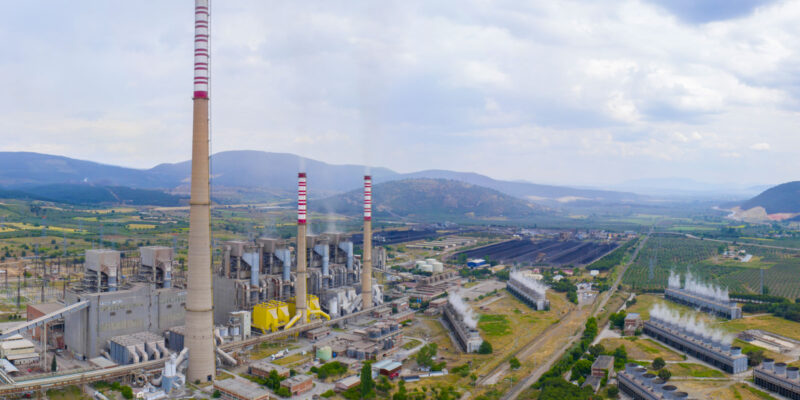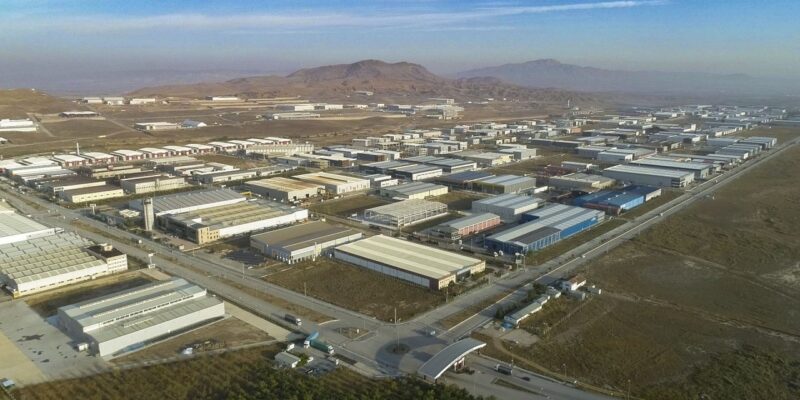Sustainable Energy and Climate Action Plan (SECAP) for Gaziantep Metropolitan Municipality, under the leadership of Ekodenge; GTE was completed in 2018 together with ESCON Energy and TURKECO.
In the project, it is aimed to prepare a greenhouse gas emission inventory, to determine actions within the scope of greenhouse gas emission reduction targets, to identify the risks and fragile sectors that will be brought by climate change, and to prepare actions for adaptation to climate change. As a result of the project, it is foreseen that emissions will be reduced by 40% in the province by 2030, and reduction and adaptation actions applicable to many sectors have been determined.
